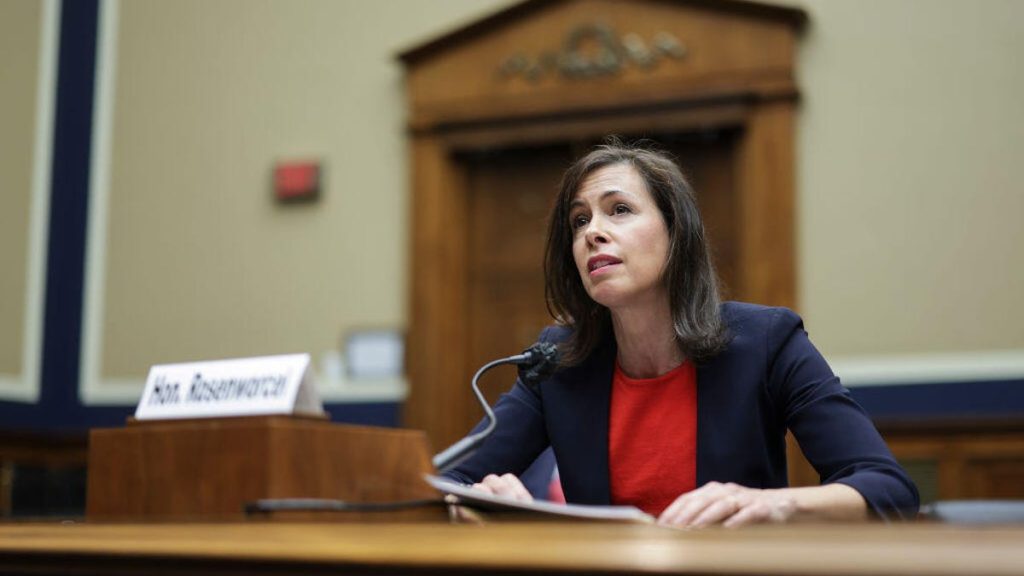In the days following the recent election, Congressional Republicans wasted no time in making their mark on internet policy. Senator Ted Cruz sent a letter to FCC Chairwoman Jessica Rosenworcel, requesting that the agency focus only on uncontroversial matters or those required by law. House Energy and Commerce Chair Cathy McMorris Rodgers also sent a similar letter to Rosenworcel and other agency heads, urging them to halt work on any partisan or controversial items on their agendas. McMorris Rodgers has been a vocal opponent of many FCC actions during President Biden’s term, such as a rule allowing schools and libraries to loan out Wi-Fi hotspots to those without reliable internet connections at home.
The FCC, led by Chairwoman Rosenworcel, has been pushing progressive internet policies, including supporting net neutrality, fighting digital discrimination, and advocating for internet subsidies for low-income individuals. However, the two Republican FCC commissioners have criticized these policies, with Brendan Carr, a potential future FCC chair under a Trump administration, being particularly vocal against regulations like net neutrality and affordable internet plans for recipients of federal funds. Despite this opposition, many major policies, such as net neutrality, have already been passed by Rosenworcel’s FCC, leaving the current November agenda relatively uncontroversial.
While it is unclear how Trump’s victory may impact the FCC’s agenda in the coming months, industry officials suggest that the agency could delay any items with existing reconsideration petitions. The November agenda includes an order on reporting requirements for TV channel blackouts during negotiations between broadcasters and distributors. Rosenworcel has not yet commented on the potential impact of Trump’s victory on the FCC’s agenda and the agency has not responded to requests for comment. Overall, the incoming Republican administration is likely to bring changes to the FCC’s priorities and policies, given their past criticisms of the agency’s actions under the Biden administration.
It is common for members of the opposing party to send letters to the FCC chair requesting a pause on controversial matters following an election. This tactic, known as a “pencils down” letter, has been employed by previous administrations and is considered standard operating procedure. McMorris Rodgers’ letter to Rosenworcel and other agency heads reflects the broader Republican opposition to many of the FCC’s recent actions, such as the approval of rules allowing for the loaning of Wi-Fi hotspots to underserved communities. As the FCC faces potential shifts in leadership and priorities under a new administration, the future of internet policy and regulation in the United States remains uncertain.
Overall, the swift action taken by Congressional Republicans to influence internet policy following the recent election highlights the ongoing political debates surrounding issues like net neutrality, digital discrimination, and internet access for low-income individuals. With potential changes in leadership at the FCC and a shift in priorities under a new administration, the future direction of internet policy in the United States is likely to be shaped by the ongoing political dynamics and debates surrounding these crucial issues. As the FCC navigates these challenges and uncertainties, industry stakeholders, policymakers, and advocates will continue to play a vital role in shaping the future of internet regulation and access in the country.












